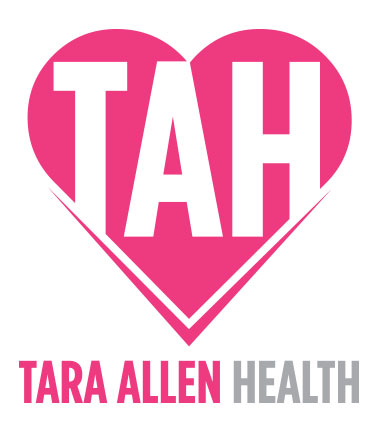Are we seeing the whole picture?
When it comes to your health, a single lab result is like a puzzle piece—important on its own, but lacking meaning without the rest of the picture. Unfortunately, many healthcare practitioners tend to view lab results in isolation, treating each number as a stand-alone entity rather than part of a comprehensive narrative about your well-being. This siloed approach can overlook crucial insights that come from examining all your lab work together alongside your symptoms, health history, family history, and individual goals.
Many people are familiar with the term "normal" ranges on lab tests, but what's often overlooked is the distinction between "normal" and "optimum" levels. (Discussed normal vs. optimal labs here). Normal levels indicate what’s typical for the general population, but optimal levels are tailored to your unique physiology and health objectives. For example, a thyroid level may fall within the normal range, but if you still experience fatigue and weight gain, that number might not be optimal for you. Or, you could have a fasting blood sugar level of 99 and be labeled "normal", but be well on your way to prediabetes. This is where a holistic analysis can reveal underlying issues that a singular result might hide. And this is why I offer a second set of eyes for a comprehensive lab analysis in my work with 1:1 coaching clients.
Consider this: Your cholesterol levels, blood sugar, and inflammatory markers all tell a story about your metabolic health. When examined together, these results can provide insights into potential risks for heart disease or diabetes, guiding you toward proactive measures that might not have been apparent if each test was considered in isolation. Additionally, your personal health history and family background are crucial elements that help inform what those numbers mean for you specifically.
Let's look at a case study, shall we?
Imagine a person with elevated homocysteine levels, insulin resistance, and a cluster of symptoms both past and present: anxiety, depression, ADHD, motion sickness, and severe morning sickness or hyperemesis gravidarum. They may also experience heightened sensitivities to medications and chemicals, seasonal allergies, asthma, or eczema, along with some sensory processing issues. Despite their efforts, they seem to have to work much harder to achieve health and body goals, moving the needle only marginally.
In this case, the combination of symptoms could indicate an underlying issue, such as an MTHFR gene mutation, which affects folate metabolism (and a whole lot more!) and can be present in about 10-15% of the population. This mutation may lead to histamine intolerance and Mast Cell Activation Syndrome (MCAS), resulting in a cascade of health challenges that often go unrecognized.
If homocysteine or insulin levels aren't checked, or if an extensive health history isn’t taken, this critical information may be overlooked. Unfortunately, even when these factors are documented, many healthcare practitioners might still miss the connection between the symptoms and the potential genetic predisposition, leaving patients without the answers they desperately need.
Health is not one-size-fits-all. Individual goals play a significant role in interpreting lab results. Whether you're aiming for weight loss, improved energy levels, or enhanced athletic performance, your optimal lab values will differ from someone else’s. By approaching your lab work holistically, you can develop a more personalized health strategy that aligns with your specific aspirations.
So, the next time you receive lab results, consider bringing them to your healthcare provider as part of a broader discussion about your health journey. Be curious, ask them to look at the complete picture and determine if there are any noticeable connections between results, symptoms, and your personal history. This collaborative approach can unlock insights that empower you to take charge of your health like never before.
Remember, health is a journey, not a destination. By thinking about your lab work as a cohesive whole, you can better navigate your path to optimal wellness.
XO,
Tara
P.S. Are you ready to kickstart your metabolic health journey? If you’re looking to take control of your well-being and transform your life, I’m excited to introduce my brand new mini course, TRANSFORM: Jumpstart! This engaging DIY mini course is perfect for those with fat loss or health optimization goals, as well as anyone waiting for the next round of TRANSFORM: Body + Mind to begin—or for whom the full course just isn’t in the budget at this time. Think of Jumpstart as a prequel to TRANSFORM: Body + Mind with a DIY learning experience that sets the stage for your health journey. Don’t miss this opportunity to get started on feeling incredible—let’s jump in!
